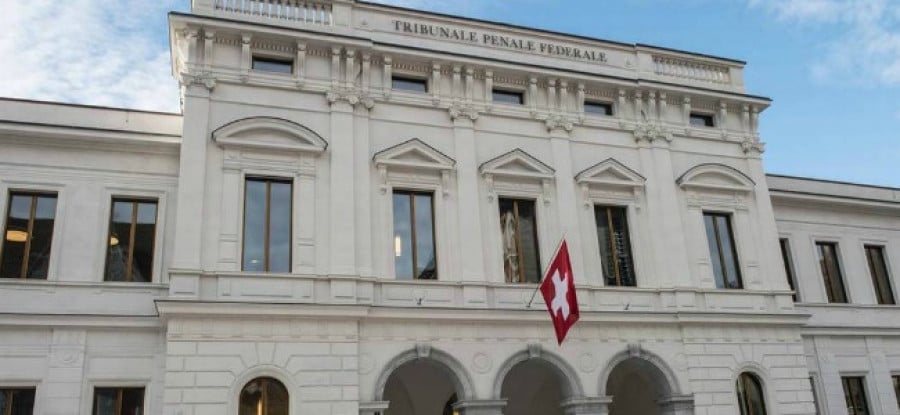Freezing monies owed from UEFA to secure a debt claim: a case study

This author wishes to explore ways to enforce a Court of Arbitration for Sport (CAS) award for money, with particular emphasis on the strategy of using a Swiss freezing order as a potentially novel way of securing payment if the debtor has assets or claims in Switzerland owing to it by a sports governing body.
Prior to a main article on this topic entitled, ‘Freezing monies owed from International Sports Federations – a valid alternative to enforce CAS awards?’ (due to be published shortly), the author would like to re-visit a Swiss case that provides useful learning on the scope and effects of a Swiss freezing order.
Facts
In an award of 12 October 2011,1 the CAS upheld a claim of a Portuguese football club against a Russian club (unfortunately the parties' names are not available) in the amount of CHF 2,406,916 (more than EUR 2 Mil.).
On 30 July 2012, as the debtor Russian club had not paid the awarded amount, the creditor Portuguese club sought to secure payment of the debt by applying to the attachment judge in the Swiss court in Nyon (seat of UEFA) to freeze the already accrued and the future match-premiums that the Russian club had won and could potentially win while participating in the - at the time - ongoing UEFA Europa League 2012/2013 up to the said amount awarded by the CAS.
The Portuguese club argued that the Russian club, which had reached the third round in the UEFA Europa League at the time the request was filed, had already earned CHF 200,000 and was entitled to receive more with each win.
At first instance, the judge granted the freezing order over the current and future match premiums. The Russian club then appealed the matter twice (each dismissed) before finally addressing an appeal to the Swiss Federal Supreme Court (FSC).2
The FSC were asked – in addition to deciding its validity – to determine the correct extent of the freezing order: namely weather the Portuguese club was entitled to freeze future conditional match premiums in addition to those already accrued.
To continue reading or watching login or register here
Already a member? Sign in
Get access to all of the expert analysis and commentary at LawInSport including articles, webinars, conference videos and podcast transcripts. Find out more here.
- Tags: Contract Law | Court of Arbitration for Sport (CAS) | Dispute Resolution | FIFA | Football | Freezing Order | Governance | Portugal | Regulation | Russia | Swiss Federal Supreme Court (FSC) | Switzerland | UEFA
Related Articles
- The Pechstein judgment: CAS’s reaction & potential ramifications
- UEFA Financial Fair Play: an overview of the clubs’ settlements
- La Liga’s media rights: the new law that prompted suspension of Spanish football
- When is there a right to replay a football match? FIFA, UEFA and The FA laws on fielding an ineligible player
Written by
Roy Levy
Roy is an attorney-at-law, at Probst Partner AG, Zurich, Switzerland. He specialises in litigation and arbitration relating to sports law e.g. disciplinary and ethical matters (challenging sanctions), transfer disputes, training compensation, eligibility issues, TV rights, doping, match fixing, players/agents contracts. He regularly represents clubs, federations, players and coaches before the judicial bodies of FIFA, UEFA and the Court of Arbitration for Sport (CAS). He also has expertise in employment, intellectual property and media law.

 Global Summit 2024
Global Summit 2024